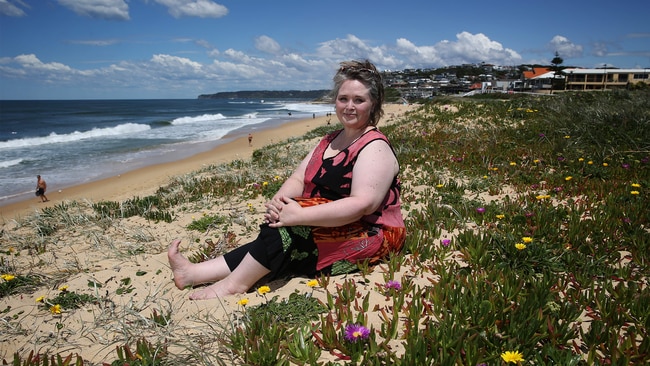Weight gain and libido loss: Finding the right antidepressants
What if there was a simple test that could tell your doctor which drug was likely to be most effective for you, and at what dose?

What if there was a simple test that could tell your doctor which drug was likely to be most effective for you, and at what dose?
Anyone who has ever been prescribed antidepressant medication knows how tricky it can be to settle on the right drug at the right dosage. But what if there was a simple test that could tell your doctor which drug was likely to be most effective for you, and at what dose?
Researchers at Sydney’s St Vincent’s Hospital are hoping that will be a reality for patients in the future as they launch the first double-blinded randomised control trial into a method known as pharmacogenomics to guide the prescription of antidepressants.
Pharmacogenomics is a newly emerging field of study into how genetic factors affect a person’s likely response to therapeutic drugs.“For any given antidepressant at a given dosage, we all respond to it differently,” says Kathy Wu, lead clinician geneticist at St Vincent’s Clinical Genomics Unit, who is leading the clinical trial known as the ALIGNED study.
“And the current pharmacological treatment for depression is very, very imprecise. There will be a range of responses ranging from no response at all, to reduced response, or we may be more sensitive to the medication and therefore more likely to develop side effects, or the medication can even be toxic because we just don’t have the metabolising enzyme to break it down.”
Side effects of antidepressants include loss of appetite, weight gain, change in libido and headaches.
Antidepressants are one of the most commonly prescribed drugs, with around one in seven Australians taking them - a number that is even higher for young people. Prescriptions have doubled over the past 10 years, and Australia has the second-highest per capita usage of antidepressants of all OECD countries.
But the process of prescribing is one of clinical trial-and-error, and many patients fail to recover from their major depression, says psychiatrist Mike Millard who is an investigator on the ALIGNED trial.
The trial will test genotype-guided versus standard psychotropic therapy in moderately-to-severely depressed patients who are not yet on any medication.
“The situation currently is that 50% of people will respond to an antidepressant medication, and 50% who will have no response,” Dr Millard says.
“And only 30% recover with that medication, which is quite sobering, because what that really represents is weeks to months of living with debilitating symptoms and real-world impacts for individuals, families, and the community. So we have an obligation to look very carefully at anything that will improve this process.”
Genetics can affect a person’s metabolism of some classes of drugs in two ways. Firstly, DNA sequences affect the function of certain enzymes which are involved in the metabolism of medications in the liver. Secondly, people may carry a genetic variant that influences whether a drug can bind effectively to receptors within the body that enable the medication to work.
“Genetics is just one piece of the jigsaw puzzle in determining how we respond to a particular medication,” Dr Wu says.
Graphic designer Karina Murray, who underwent many years of trial-and-error in finding the right mental health medication mix, is excited by the idea that pharmacogenomics may in the future enable personalised prescribing.

“Anything involving your brain chemistry, when you adjust different medications, and different dosage, its creates all kinds of side effects,” Ms Murray says.
“When you have to go through this trial-and-error process, you’ve got to navigate that on top of your illness.
“My hope is this will be a really good tool for medical practitioners to have so that we can get people treatment much earlier and narrow the field of medications.”
The ALIGNED trial is aiming to recruit 776 patients and is funded by a $2.95 million from the Medical Research Future Fund.



